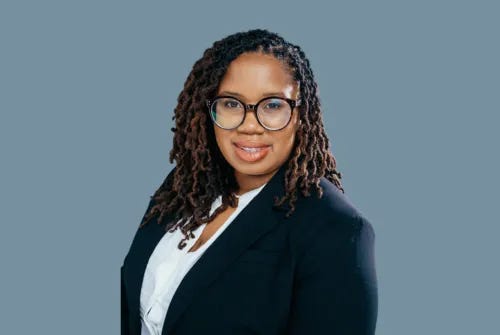What is the first thing you should do when you realize the person you care for who is living with any form of dementia has symptoms that are much worse than you thought?
If the person for whom you are caring for, or about, is navigating dementia-related brain changes, you are no stranger to complicated emotional spirals. These feelings are multifaceted and dense, and they might include stress, anxiety, and even guilt — especially, if you didn’t immediately realize just how bad things were becoming for your person.
What do you do with the overwhelming concern that often accompanies this situation?
“The advice I give to everyone is to start where you are at,” says Dr. Amanda Fletcher, a board-certified cognitive neurologist who specializes in neurology and neuropsychiatry. “Honestly, being upset about the past isn’t going to help the future. So focus on the issues at hand and move forward.”
That next step means involving a primary care physician, a neurologist, and a clinical research company that offers community support.
If you live in Florida, ClinCloud Research is one such option.
“We offer various clinical trials at different stages for medications for people living with Alzheimer’s disease, behaviors and psychosis associated with Alzheimer’s disease, and Mild Cognitive Impairment,” says Fletcher, who is the company’s medical liaison and investigator.
The first thing you’ll need to do when you notice that your person suddenly develops new or worsening symptoms is obtain a memory screening, which ClinCloud offers community members for free. The results are then forwarded to your person’s medical team, pending your approval.
“We like to think of it as a way to give back and provide a safe place for people to get their memory evaluated,” says Fletcher.
This initial test not only facilitates a better understanding of your person’s cognitive changes, but it also keeps you forward focused.
“It provides a good baseline,” Fletcher says. “And helps to ensure people receive the most benefit at the earliest point possible from treatment and prevention options.”
This initial evaluation determines whether further testing is required. And the screening also provides insight as to whether your person might be a good clinical trial candidate.
“You take it step by step,” Fletcher says. “I don’t think it is about catching up. I think it’s about taking everything a step at a time and having a good healthcare team.”

It’s important to also prioritize your own self-care when you experience any guilt and stress that accompanies this process.
“We see that all too often with family and others who care about the person, while navigating caring for them. It is normal to have various emotions,” Fletcher says. “This is also why as a cognitive neurologist, we not only treat the person living with any form of dementia, but the caregiver.”
ClinCloud partners with the Alzheimer’s & Dementia Resource Center to offer support groups, workshops, caregiver conferences and other tools.
“Again, ClinCloud Research is a clinical research company that values creating relationships with our community by educating the community on the resources available through clinical research,” Fletcher says. “The motto at ClinCloud is, ‘We’re all in this together!’”
If you’re interested in learning more, please call 407.636.4031.
There are resources available. You’re not alone.


